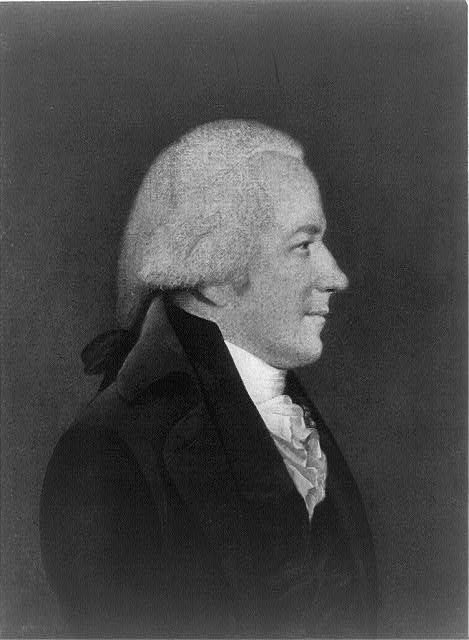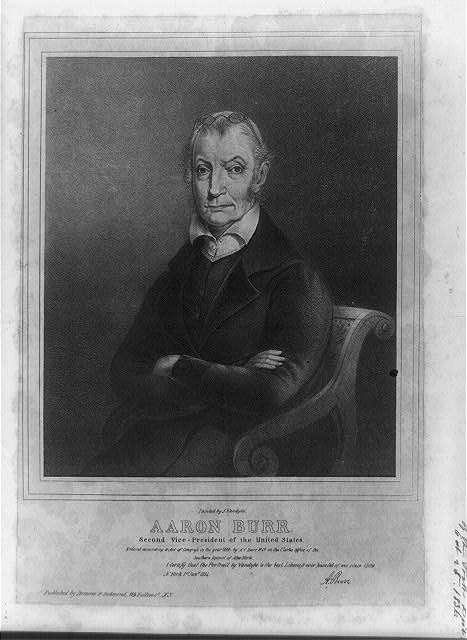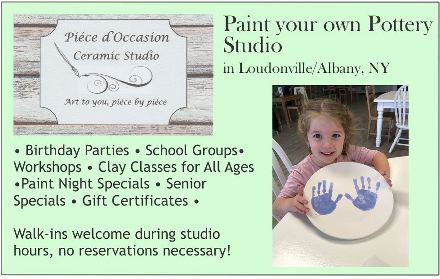It was the New York governor's race of 1804, however, that pushed the two men to violence. In that election, Burr turned his back on the Republicans and ran as an independent. Burr believed that if he won, he would regain power. The prospect of Burr leading New York mortified Hamilton, who despised and mistrusted Burr completely. In early 1804, Hamilton tried to convince New York Federalists not to support Burr.
The battle for New York had been a bruising one, but in the end, a relatively minor slight precipitated the Burr-Hamilton duel. In February, 1804, a New York Republican, Dr. Charles D. Cooper, attended a dinner party at which Alexander Hamilton spoke forcefully and eloquently against Burr. Cooper later wrote a letter to Philip Schuyler in which he made reference to a particularly "despicable opinion" Hamilton expressed about Burr. The letter was published in a New York newspaper the "Albany Register."
After Hamilton's and Burr's seconds tried without success to settle the matter amicably, the two political enemies met on the duelling grounds at Weehawken, New Jersey on the morning of July 11. Each fired a shot from a .56 caliber duelling pistol. Burr was unscathed; Hamilton fell to the ground mortally wounded. He died the next day.
Burr was charged with two counts of murder and after his term as vice president ended, never held public office again.





 RSS Feed
RSS Feed